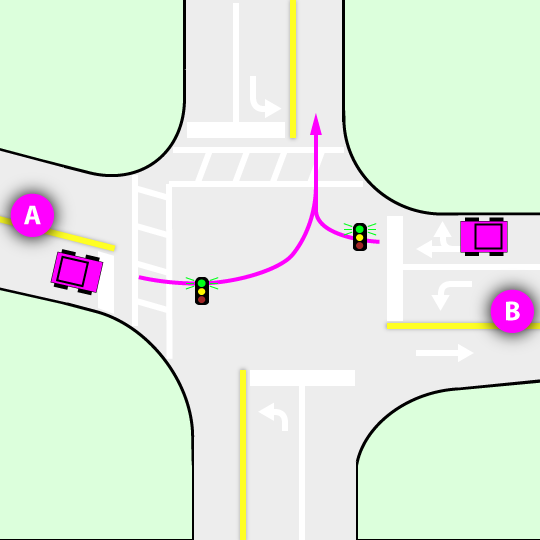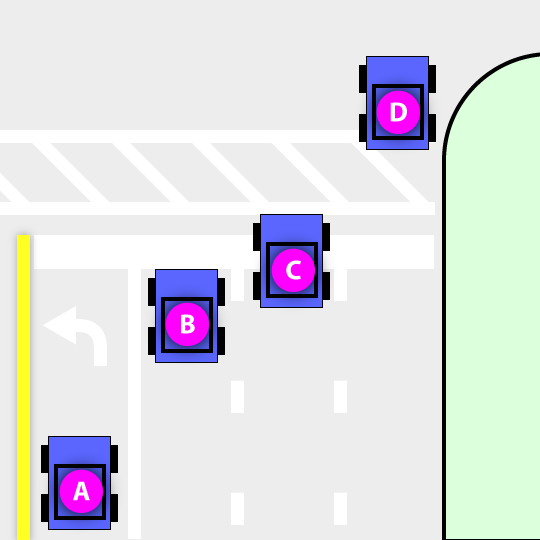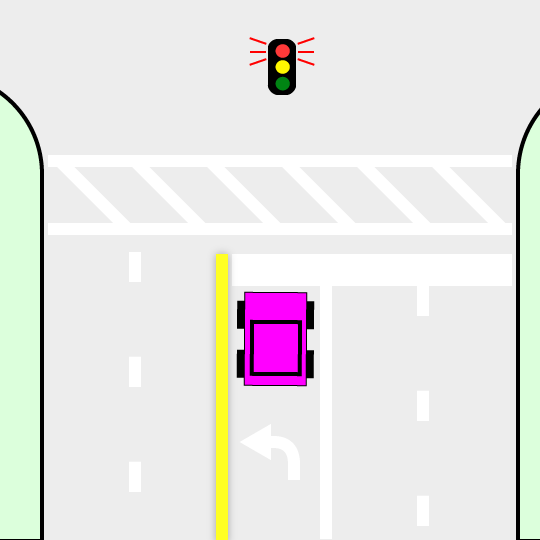Converting version control repositories from Bazaar to Git (bzr to git)
Bazaar is great on Windows. Several years later, git's tools for Windows still.... (ahem) are lacking or too commercial. However, official development on it has ended and git is so much more popular now. So I think the time has come to convert all my beloved bzr repositories to git.
First we need note some prerequisites:
LibreOffice Script: Export to PDF or PowerPoint
Easily export a LibreOffice file to PDF or PowerPoint using this extension.
Adding a hardware clock to Raspberry Pi (DS3231)
The popular clock module is uses the DS1307 real time clock chip, which is not very precise. For just a few dollars more, you can get a module with a much more precise DS3231 RTC chip. The one I got was SunFounder's module from Amazon for $9 (free shipping for Prime). It plugs right onto the Raspberry Pi's 40 pin header and doesn't even interfere with the plastic case I have. I have a Model B, but this module should also work on Model A and Model B+. The instructions refer to DS1307, but the chips use the same I2C commands, so it also works for DS3231.
How to run a PiPresents show when you don't have a Raspberry Pi
PiPresents is some pretty cool software that will run a PowerPoint-like presentation. But with lots more flexibility. It was originally written for the Raspberry Pi.
However.... perhaps someone else has your Pi. Perhaps you don't even have one. It is possible to run a PiPresents show on your good ol' desktop computer (Windows, Linux, or Mac). Here's how.
Queso Fundido in 4 ingredients (vegetarian)
Here's a pretty simple thing I threw together with leftover bits, but it would be worthy of actually planning for it. The ones you see in restaraunts usually have chorizo in them, but a) I don't currently have any leftover chorizo, and b) who wants to mess around with cooking for a midnight snack?
Bat House
I started this bat house project in 2006. I finally got it mounted yesterday.
Traffic Question 20: Which car has right of way?

Both cars want to go in the direction of the pink arrow. Which one has right of way and should go first?
Traffic Question 19: Where should you stop for a stop light or stop sign

Where should you stop for a stop light or stop sign?
- One ore more car lengths away from the stop line
- At the stop line
- At the crosswalk
- At the curb
- Any of the above
Traffic Question 18: What's wrong with this picture?

The pink is the new and improved entrance to Walmart. What’s wrong with this picture?
- Nothing, this is the best design possible.
- Oh, man! How am I going to hold on to my phone around all those curves?
- It needs to wrap around the car dealership more, maybe even a full loop
- Everything
Traffic Question 17: If you sat through the green part of the light, can you go when it turns red?

If you sat through the green part of the light, can you go when it turns red?
- Yes
- No